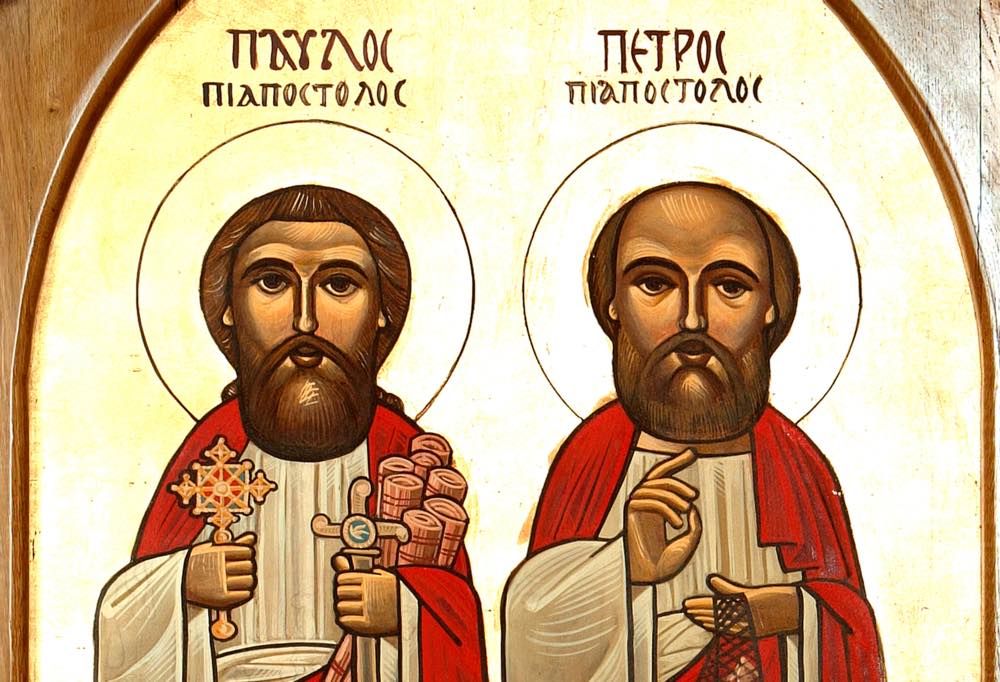– Rev José Mario O Mandía
When we receive baptism, God gives us the supernatural virtues of faith, hope and charity. But God is not content with that – He gives us more through the action of the Holy Spirit. The CCC tells us: “The moral life of Christians is sustained by the gifts of the Holy Spirit” (no 1830).
WHAT IS THE NATURE OF THESE GIFTS?
The same point of the CCC says that the gifts “are permanent dispositions which make man docile in following the promptings of the Holy Spirit.” No 1831 repeats this idea: the gifts “make the faithful docile in readily obeying divine inspirations.”
The gifts are an added boost to the spiritual life over and above the supernatural virtues. “They complete and perfect the virtues of those who receive them” (CCC 1831).
WHAT ARE THESE SEVEN GIFTS?
“The seven gifts of the Holy Spirit are wisdom, understanding, counsel, fortitude, knowledge, piety, and fear of the Lord. They belong in their fullness to Christ, Son of David (Isaiah 11:1-2)” (CCC 1831). The Catechism bases its list of gifts on Isaiah 11:2.
WHAT IS THE DIFFERENCE BETWEEN THE GIFTS AND THE SUPERNATURAL VIRTUES?
First of all, they are similar in that they are both habits; in other words, they are accidents of the individual.
The main difference is that while the supernatural virtues move us by assisting the intellect in its deliberation (through the cardinal virtue of prudence and through the theological virtue of faith) so that it can move the will to act, the gifts of the Holy Spirit, on the other hand, do not require the intellect to intervene (cf S Th II-II q52 a2). The Holy Spirit makes a conclusion crystal clear without any need for the intellect to deliberate on it.
Nevertheless, the Holy Spirit respects our will. We still need to consent, even if the deliberative part has been skipped.
The action of virtue is like that of a teacher giving clues to a student taking the exam, or offers him coffee to keep awake. The action of a gift of the Holy Spirit, on the other hand, is like a teacher whispering the answer to a student during the exam. The only thing the student has to do is to take his pen and write down the answer!
HOW DOES EACH GIFT HELP US?
We can see again how the Holy Spirit gives either light for our intellect or strength for our will.
(1) Wisdom: acts on the intellect to make us “experience” God, and makes us realize that He is infinitely wonderful and worthy of all desire: “taste and see that the Lord is good” (Ps 34:9).
(2) Understanding: acts on the intellect to make us deepen our understanding of the truths and mysteries of our Faith and thus appreciate them better and make us capable of transmitting them to others according to the capacity of each one.
(3) Knowledge: acts on the intellect to make us have a right appreciation and assessment of the relative value of creation, making us rely less on them and more on God.
(4) Counsel: acts on the [practical] intellect to help us make the right judgments in order to think, to speak and to act according to the Father’s plan, after the example of Jesus Christ.
(5) Fortitude: acts on the will to help us bear with difficulty and to overcome fear.
(6) Piety: acts on the will in those relating to our attitude towards God who is Father, helps us abandon ourselves in the Father’s good and powerful hands.
(7) Fear of the Lord: acts on the will to make us fear offending God, abhor and run away from anything that goes against His infinite Goodness.
WHAT ARE THE FRUITS OF THE SPIRIT?
“The fruits of the Spirit are perfections that the Holy Spirit forms in us as the first fruits of eternal glory. The tradition of the Church lists twelve of them: ‘charity, joy, peace, patience, kindness, goodness, generosity, gentleness, faithfulness, modesty, self-control, chastity’ (Galatians 5:22-23 translation from the Latin Vulgate” (CCC 1832).
These fruits are signs of the presence of the Holy Spirit in a person.


 Follow
Follow


